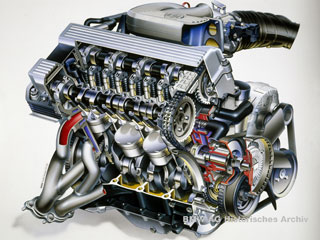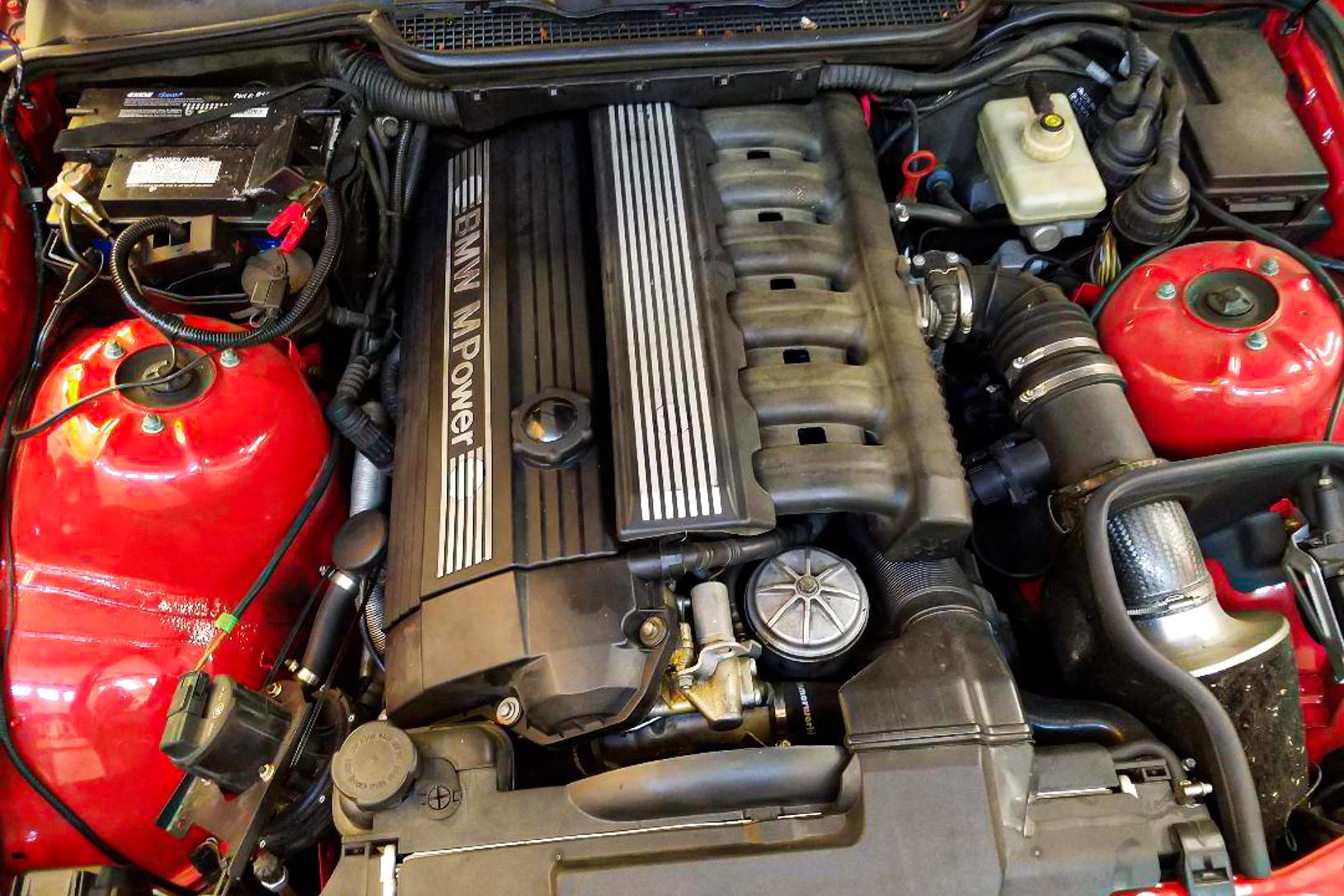The BMW 318ti: A Blend of Style, Convenience, and Performance
The BMW 318ti: A Blend of Style, Convenience, and Performance
Blog Article
Crucial Factors To Consider for Choosing the Ideal Engine for Your Demands
In the realm of choosing the ideal engine to meet your needs, a number of vital factors need thorough consideration to make sure optimum efficiency and performance. From the nuanced balance in between power and performance to the often-overlooked facets of maintenance and solution needs, each element plays a crucial duty in identifying the most suitable engine for your particular requirements.
Power and Performance
When examining engines for optimum efficiency, it is vital to focus on both power outcome and performance. Performance refers to exactly how well the engine transforms fuel into usable power. By very carefully reviewing both power and efficiency, you can pick an engine that provides optimal efficiency and satisfies your needs properly.
Gas Performance and Economic Climate
In the realm of engine selection, the factor to consider of fuel performance and economic climate holds paramount relevance. Gas efficiency describes the engine's capability to transform fuel right into power with marginal waste, directly influencing operating expenses and ecological sustainability. bmw 318ti. When choosing an engine, examining its fuel economic situation is essential to determine long-term savings and ecological impact. Engines with higher gas effectiveness not only decrease gas expenditures yet also reduce carbon emissions, adding to a greener operation.

Compatibility and Application
Thinking about the fuel performance and economic situation of an engine, the next crucial element to address is its compatibility and application within specific operational contexts. Compatibility refers to how well the engine integrates with the general system or equipment it powers.
In addition, the application of the engine is just as vital. Different engines are made for specific objectives, whether it be industrial machinery, aquatic vessels, automobiles, or power generators. Recognizing the intended application allows for the selection of an engine that can provide the necessary power output, torque, and functional attributes. For example, a high-revving engine made for efficiency cars would certainly not be suitable for heavy-duty building and construction equipment that requires high torque at reduced rates.
Upkeep and Service Requirements
Upkeep and service needs play a vital role in making certain the longevity and ideal performance of an engine. Normal upkeep is vital to avoid break downs, prolong the life expectancy of the engine, and keep its efficiency. When choosing an engine, it is very important to take into consideration the supplier's recommended maintenance schedule and the accessibility of solution centers or qualified click to investigate service technicians.
Factors such as the frequency of oil changes, filter substitutes, and total evaluations can significantly impact the engine's performance. Some engines might require even more frequent servicing based upon their style and usage, while others may have longer intervals between maintenance checks. It is important to abide by these solution requirements to stay clear of expensive fixings and unanticipated downtime.

Price and Budget Considerations
When picking an engine for a certain application,Budget restraints often play a considerable role in the decision-making procedure. When thinking about the price and budget implications of picking an engine, it is essential to assess not just the initial acquisition rate but likewise the long-lasting expenses connected with maintenance, gas usage, and prospective upgrades or fixings. It is see here now crucial to strike an equilibrium in between the ahead of time cost of the engine and its general lifecycle expenses to make certain that the selected engine continues to be economically sustainable throughout its functional life expectancy.
Elements such as fuel longevity, effectiveness, and dependability can straight impact the complete expense of possession of an engine. While an extra costly engine may have higher upfront prices, it can potentially result in reduced upkeep and fuel expenditures over time, therefore using better value in the long run.
Final Thought

Fuel efficiency refers to the engine's capability to convert gas right into power with very little waste, directly affecting operating expenses and environmental sustainability.Factors affecting more info here gas effectiveness consist of engine design, combustion effectiveness, and general performance optimization. Additionally, selecting the suitable fuel type and grade as advised by the engine producer can even more improve performance and lengthen engine lifespan.
Engines with good use attributes and readily available components can minimize upkeep prices and decrease the time the engine is out of operation - bmw 318ti. It is crucial to strike a balance in between the in advance expense of the engine and its general lifecycle expenses to guarantee that the picked engine continues to be financially lasting throughout its operational lifespan
Report this page